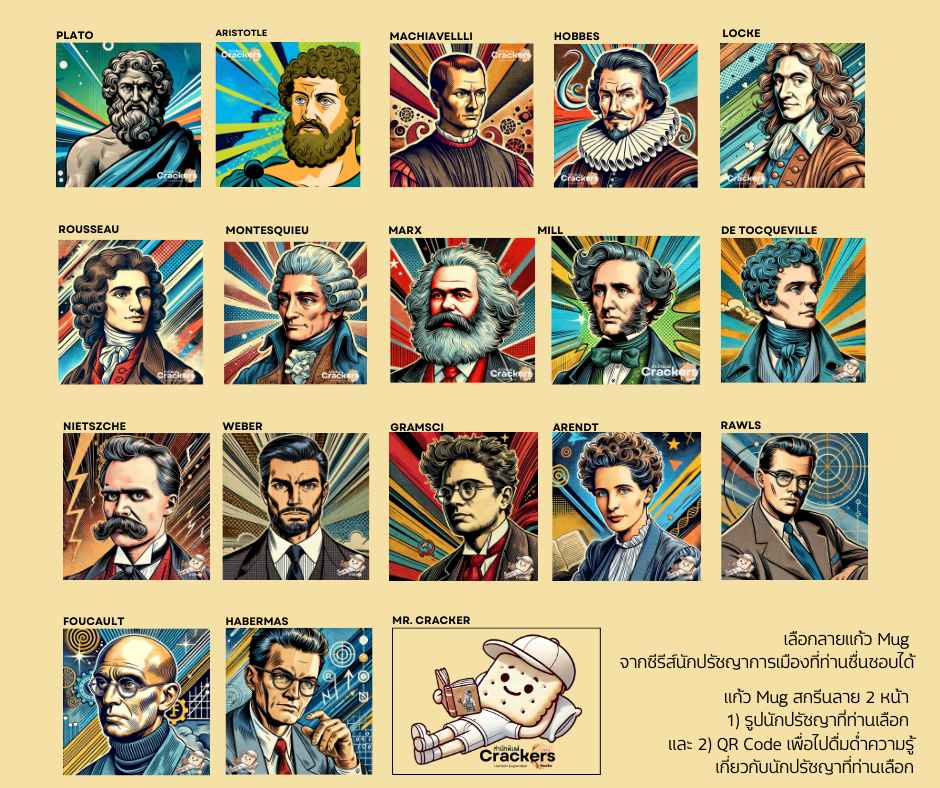
Published by Crackers Books,
13 September 2024
https://crackersbooks.com/papercrunch
Research Paper Crunch\\
“Abstract Labour: Against Its Nature and On Its Time” by Werner Bonefeld
Bonefeld, W. (2010). Abstract labour: Against its nature and on its time. Capital & Class, 34(2), 257-276. https://doi.org/10.1177/0309816810367769
Werner Bonefeld's article, "Abstract Labour: Against Its Nature and On Its Time," critically engages with contemporary debates on the concept of abstract labour, specifically within the capitalist mode of production. Bonefeld challenges the physiological definitions of abstract labour and argues that it is a specifically capitalist form of labour with unique social and temporal dimensions. This review reflects on Bonefeld's arguments and their broader implications for understanding labour, value, and exploitation in capitalist societies.
Key Arguments
- Abstract Labour as a Capitalist Social Form: Bonefeld argues that abstract labour should not be understood in physiological terms, such as the mere expenditure of human energy. Instead, it is a specifically capitalist form of labour that emerges from the social relations of production and exchange in a capitalist economy. This form of labour is deeply connected to the way time is socially constituted under capitalism, highlighting the historical specificity of abstract labour.
- Critique of Physiological Conceptions: The article critiques the views of scholars like Kicillof and Starosta, who argue that abstract labour is a transhistorical category with a material, physiological basis. Bonefeld counters that this perspective naturalizes economic categories, obscuring the historically specific social relations that define capitalist production. By insisting on the physiological basis of abstract labour, these scholars risk reifying capitalist social forms as natural and unchangeable.
- Temporal Form of Abstract Labour: Bonefeld emphasizes the temporal aspect of abstract labour, arguing that it is not merely an expenditure of bodily energy but a form of social labour that is measured by time—specifically, socially necessary labour time. In capitalism, labour time is abstracted into homogeneous units that measure and define the value of commodities. This abstraction imposes a relentless, dehumanizing structure on the worker's experience of time, reducing life itself to a series of commodified time units.
- Political Implications: The distinct conceptualizations of abstract labour have profound political implications. Bonefeld contends that understanding abstract labour as a purely social and historical phenomenon allows for a critique of capitalist social relations and the potential for their transformation. In contrast, treating abstract labour as a natural, physiological condition legitimizes the existing order and limits the scope for radical change.
Reflective Insights
Bonefeld's analysis provides a crucial corrective to traditional and naturalistic interpretations of abstract labour. By highlighting the specifically capitalist nature of abstract labour, he shifts the focus from abstract categories to the concrete social relations that produce and sustain them. This perspective not only deepens our understanding of Marx's critique of political economy but also revitalizes its emancipatory potential.
The article's emphasis on the temporal dimensions of abstract labour is particularly insightful, underscoring how capitalism's relentless drive for accumulation transforms time into a commodity and subjects human life to the abstract logic of value. This analysis resonates with contemporary critiques of work, time, and exploitation, making Bonefeld's arguments highly relevant for current debates on the nature of labour in late capitalism.
Bonefeld’s critique also serves as a reminder that concepts like abstract labour are not neutral scientific categories but deeply political constructs that shape how we understand and engage with the world. By reclaiming the social and historical specificity of these concepts, Bonefeld opens up new possibilities for envisioning a post-capitalist future where human needs and creativity, rather than the abstract dictates of value, determine the organization of social life.
Conclusion
Werner Bonefeld’s "Abstract Labour: Against Its Nature and On Its Time" is a thought-provoking contribution to Marxist theory that challenges entrenched naturalistic views of abstract labour. It calls for a re-engagement with the historical and social dimensions of Marx’s critique of political economy, urging us to see abstract labour not as an eternal condition but as a historically specific form of exploitation that can—and should—be overcome. This work is essential reading for anyone interested in critical social theory, labour studies, and the possibilities for radical social change.





